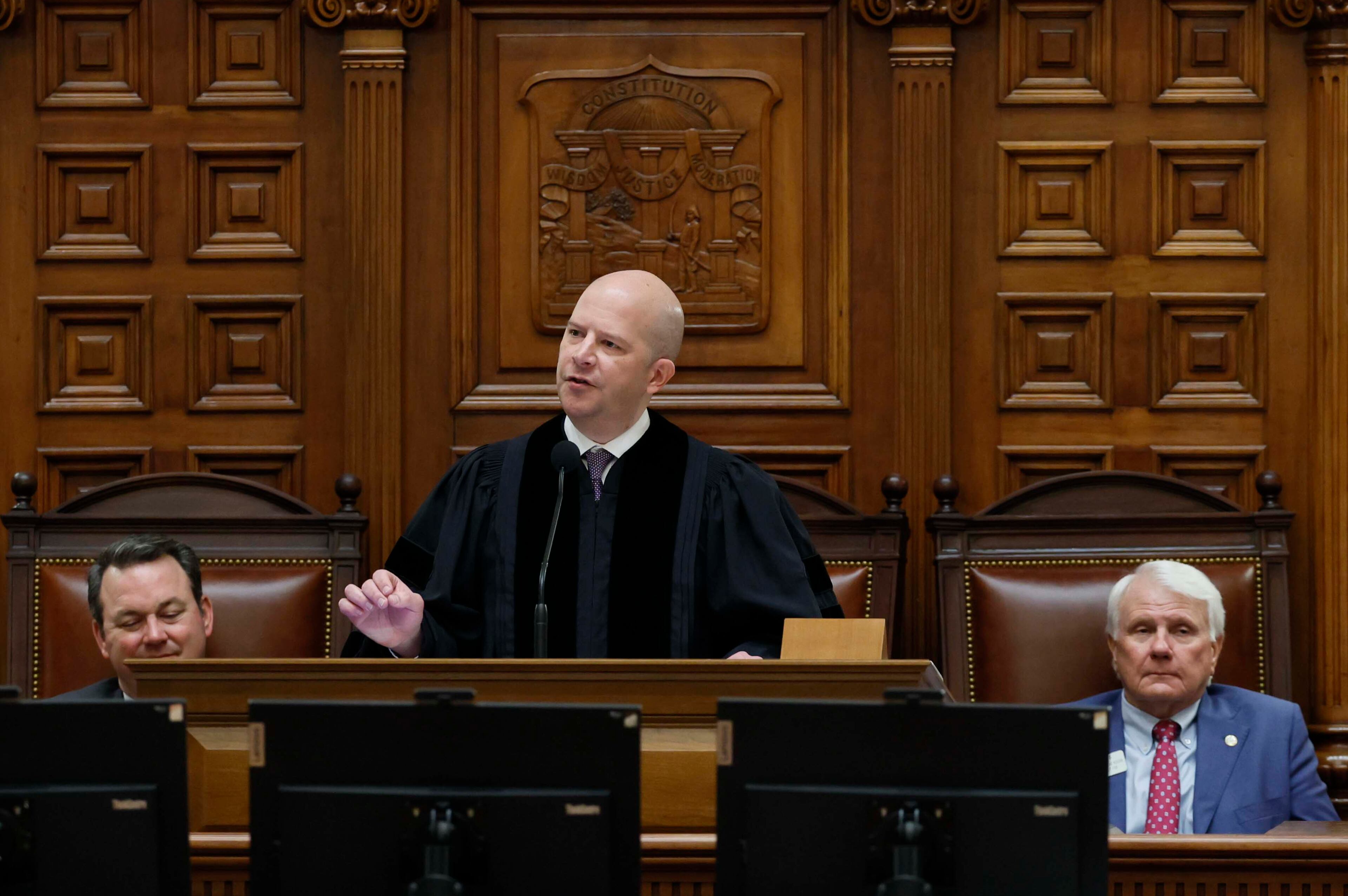Athens DA wants immunity from public records law

Embattled Athens-Clarke County District Attorney Deborah Gonzalez wants the Georgia Supreme Court to agree with her that district attorneys, who are public officials, aren’t subject to the state’s public records law.
Gonzalez, who has been scrutinized for her criminal justice approach, is trying to end a constituent’s lawsuit alleging she failed to properly respond to 102 requests for information under Georgia’s Open Records Act. A trial judge allowed the case to proceed in November, finding that district attorneys are subject to the Act.
Derek Bauer, an attorney for Gonzalez, appeared before the state’s nine justices Tuesday, seeking a ruling that district attorneys are immune from such requests. He said district attorneys and their offices are part of the judicial branch of government and should be treated differently than the state leaders and agencies of the executive branch that are exclusively subject to the Act.
“The (Georgia) General Assembly couldn’t regulate public access to the DA’s records, even if it wanted to,” Bauer said. “Only this court has that authority.”
Justices Nels S.D. Peterson and Sarah Hawkins Warren were critical of that theory, pointing out that the Georgia Attorney General is part of the executive branch and has the same prosecutorial power as district attorneys.
“How can that power be executive when it’s possessed by one person and judicial when it’s possessed by another person?” Peterson asked. “DAs are clearly in the judicial branch, in my view, but whether you’re in the judicial branch and whether you exercise judicial power are two completely different questions.”
The state Supreme Court has never explicitly held that the Act doesn’t apply to the judicial branch, Peterson added. He said the Georgia Constitution allows the General Assembly to require duties of district attorneys.
Bauer said it doesn’t matter if he loses that argument because the case brought against Gonzalez by Athens-Clarke County resident Jarrod Miller should be tossed for two separate reasons. He said district attorneys have immunity under the Georgia Constitution from lawsuits arising from the performance of their job duties, and that Miller wasn’t the one who lodged the requests, which came instead from one of his attorneys.
Regarding immunity, Bauer said the trial judge confused the special protection given to district attorneys with the sovereign immunity that many state offices and departments have. That error needs to be reversed, he said.
“We don’t subject district attorneys in this state to harassing lawsuits by private citizens under any theory,” he said.
Bauer said it’s also well established in Georgia that lawsuits can only be brought by “the real party in interest and not a proxy plaintiff.” Miller’s attorney, Kevin Epps, did not say when lodging the requests that he was doing so on Miller’s behalf.
“If you say that anybody can enforce somebody else’s request, what you’re judicially authorizing is a race to the courthouse,” Bauer told the judges.
Gonzalez claimed in case filings that she properly responded to the requests, though she didn’t have to.
It will likely be months before the court issues a decision.



